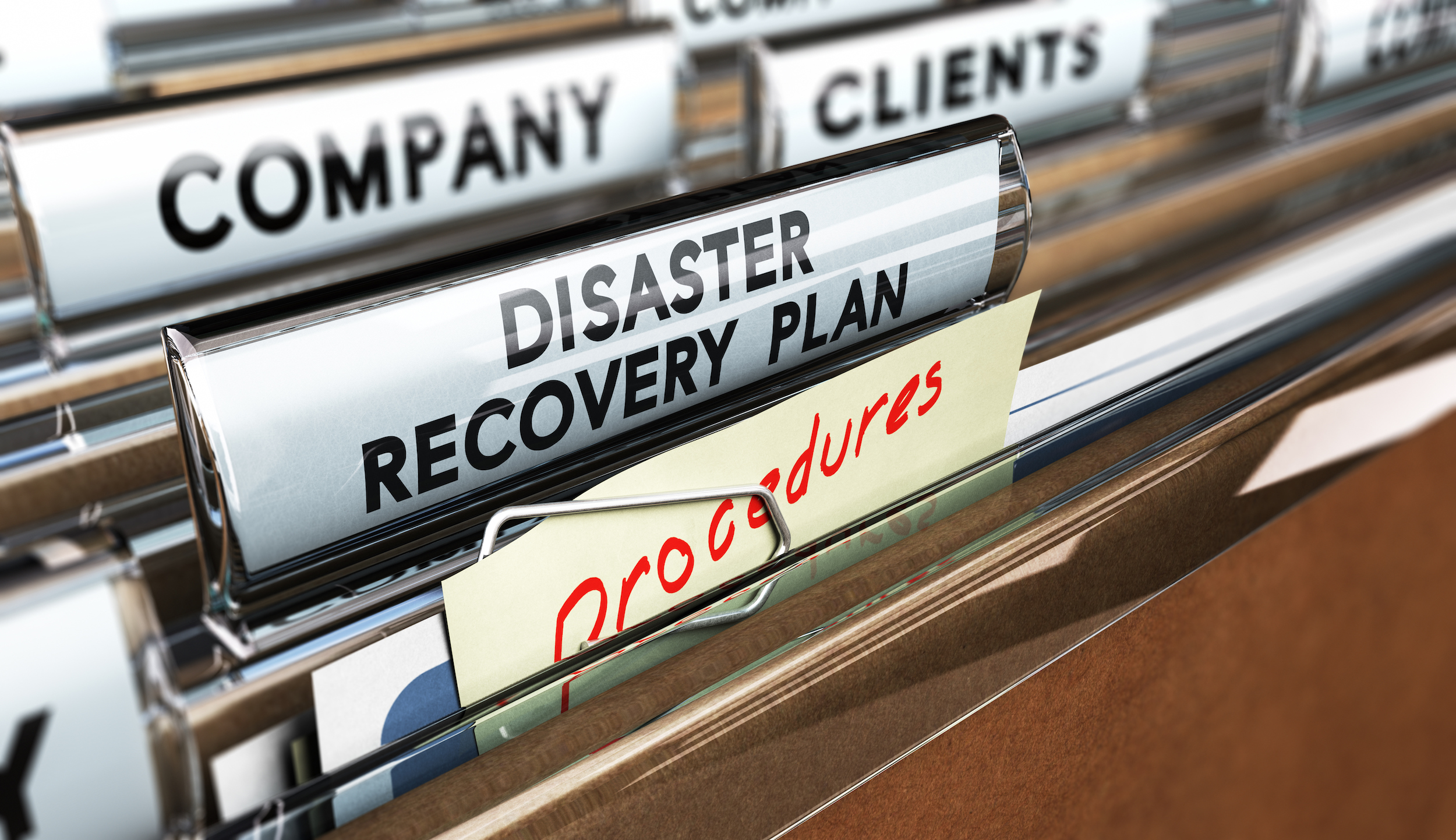
3 Steps to Creating Work-Life Balance
By:
Recently, I’ve noticed many articles discussing the importance of work-life balance. Naturally, as a young professional, I usually scroll right past them. Why should I care about work-life balance when now is the time to focus on my work and elevate my career? Don’t get me wrong – I think as a young professional you absolutely must be motivated and “put in your time” to advance your career. However, the more I read, the more I’m starting to realize it’s just as important for motivated individuals to figure out how to avoid common pitfalls that occur when devoting the vast majority of your time to work.
I think we’re all well aware by now that not taking breaks from work to enjoy other activities in your life leads to burnout. But, what we also need to consider is that in order to not let yourself crash and lose precious downtime, you need to spend it doing other things important to you.
I recently sat down with Mark Winter, managing partner here at Identity, and got some great advice on how to best manage your time. Though it took Mark quite some time to achieve and follow a work-life balance, he makes it a priority so our team at Identity feels comfortable creating their own balance.
Here are some first steps Mark suggests taking to create a work-life balance:
Have a plan. “Not having a plan is like taking a road to nowhere,” said Mark. Having a plan is essential to keeping your work on-track. When you have a plan in place, it is much easier to stick to it and know where you need to allot or devote more time. It’s helpful to make your plan visual.
Mark gave some great advice on how he charts out his time. He uses a pie chart and creates buckets (or categories) he knows he wants/needs time for. His buckets typically include Identity, family and personal time. Using a visual plan can also help you say “no” because you are able to see (literally) where your time is going and how much time you have left in certain areas. Seeing that you do not have any more time to fit something in helps alleviate any guilt associated with saying no.
Not having a plan can easily lead you off-track, decreasing your productivity and efficiency. To prevent falling out of your plan, make sure to proactively integrate your plan into your daily tasks and set time aside to regularly update and reevaluate your plan.
Take clarity breaks. Remember to give yourself a rest when you need it. Taking breaks from your work will help you to re-energize and re-inspire you for what you’re working on. Re-energizing can range from grabbing a cup of coffee, taking a walk, attending a professional development event or going to your child’s sporting event. Taking clarity breaks provides the opportunity to recharge your batteries, which helps you be more clear and focused at work. When we’re stuck in the rut of doing the same thing every day, we’re unable to get outside ourselves to expand our capabilities and creativity.
Let yourself be present. Once you leave work, make sure you are actually taking that break. Be able to leave work at work as often as possible. Train yourself to understand that some things will be out of your control and that is okay. Remind yourself that tomorrow is a new day and you can knock it out then, once you are recharged.
Also, just because you may have left work doesn’t mean you’re actually present in what you’re doing. This doesn’t just mean not reading your email – it’s actually being present at dinner with your significant other or intently watching your child’s sporting event. Being able to leave work at work will allow you to be in the present and appreciate the precious time we have with friends and family, enjoying what you love to do.
Not only do employees need to create this work-life balance, employers need to support it. Identity is continuously working toward making the most of our time by discovering best practices to working as efficiently and productively as we can. Supporting a culture of work-life balance, our employees are able to attend family or personal events without feeling guilty. When a company does not support a culture of work-life balance, it creates an environment chock-full of resentfulness and frustration. Plus, employers who encourage work-life balance typically have employees who tend to be more dedicated and motivated at the office because they feel appreciated.
Mark shared some final words of wisdom: “Finding the clarity of what makes you happy is what dictates your work-life balance… allowing yourself to spend time on other things in your life will make all aspects of your life better.”
Celebrate the moments you have away from work and be picky with your time because you only have so much of it! Once you’ve found a work-life balance that fits your lifestyle, no matter where you are in your career, you’ll be a better friend/employee/spouse/parent (what ever it is you need to be). Guaranteed!



